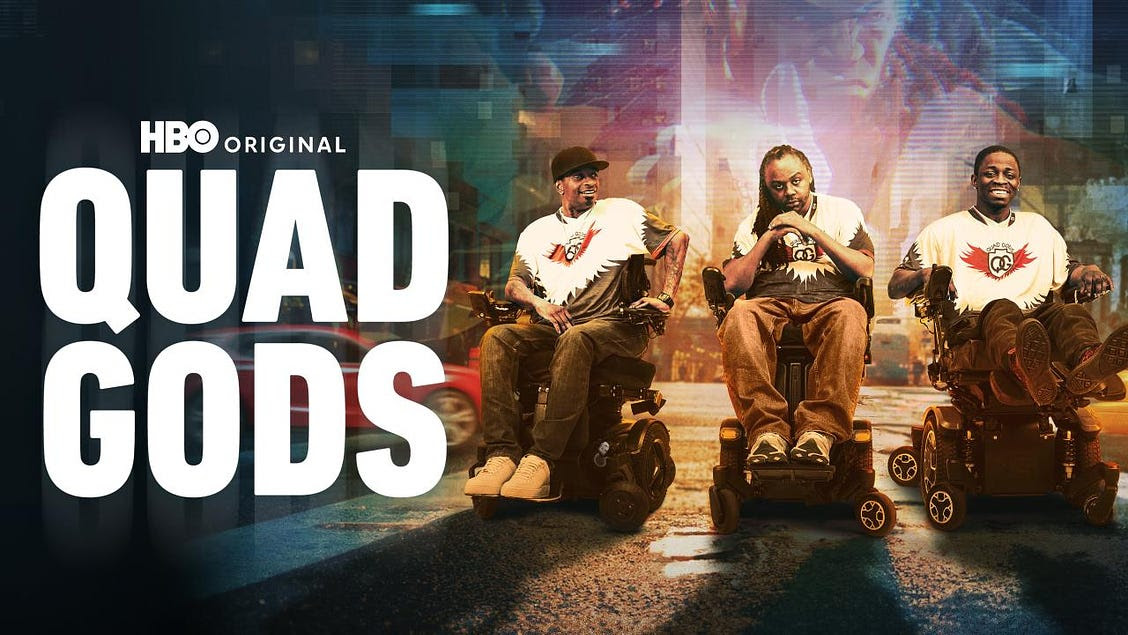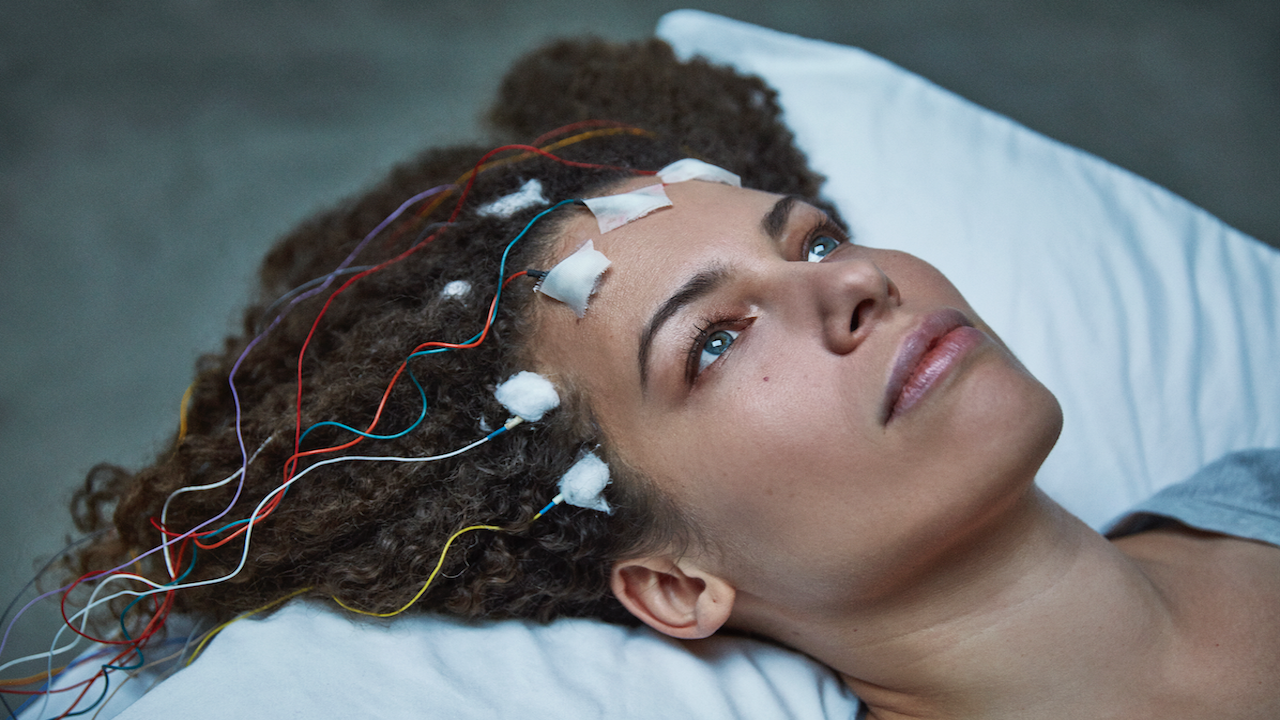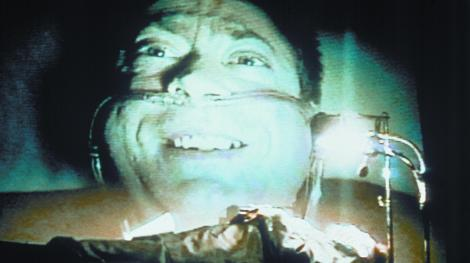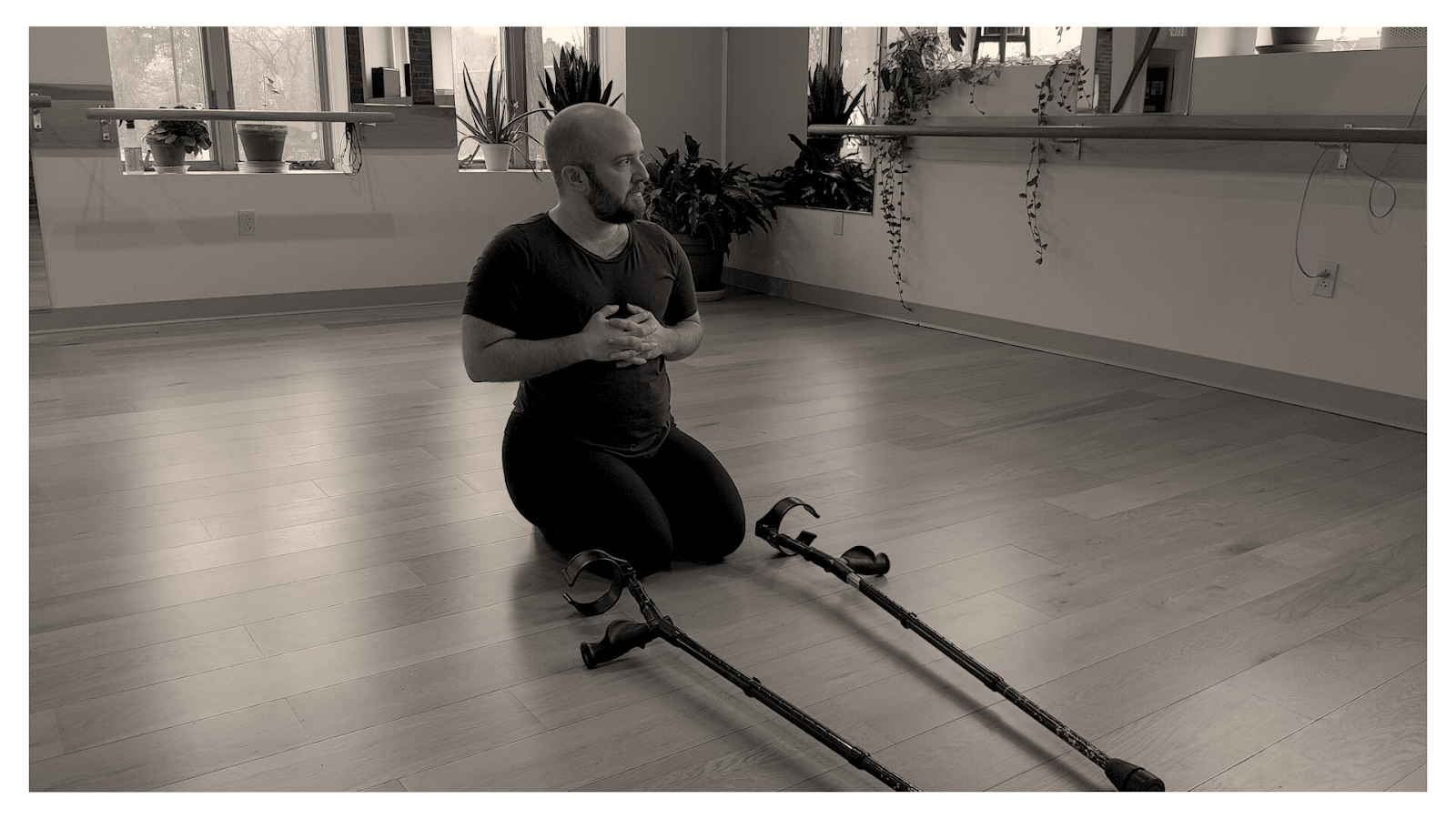Documentaries to Watch During Disability Pride Month 2024
At IDA, we honor July as Disability Pride Month with deep respect for the invaluable contributions of disabled nonfiction filmmakers.
The Nonfiction Access Initiative (NAI) is dedicated to fostering inclusivity within IDA, celebrating the unique perspectives of disabled filmmakers. This month serves as a poignant reminder of their profound impact on our craft.
While documentaries have often explored disability, authentic representation by disabled filmmakers has been limited. Their narratives, essential for understanding the human experience, have frequently been marginalized or misunderstood.
The NAI addresses these disparities by providing tangible support and resources to empower disabled nonfiction filmmakers. By amplifying their voices and creating inclusive spaces, we enrich our industry and contribute to a more empathetic society. This year we completed our Survey of Nonfiction Media Makers with Disabilities and published a report with our findings
This Disability Pride Month, we urge you to explore the nonfiction works of disabled filmmakers, recognizing their role in challenging norms and fostering empathy.
Quad Gods

Jess Jacklin’s debut documentary Quad Gods, out now on HBO’s Max, follows three New York men - Blake Hunt, Richard Jacobs, and Prentice Hall - who meet at Mount Sinai Hospital’s neuro-rehabilitation lab and decide to form the first fully quadriplegic e-sports team.
Bethel: Community and Schizophrenia in Northern Japan

Bethel: Community and Schizophrenia in Northern Japan, directed by Karen Nakamura, delves into the unique community of Bethel House in Hokkaido, Japan. The documentary explores how individuals with schizophrenia find support, purpose, and a sense of belonging through communal living and meaningful work within the Bethel House community. It highlights the transformative impact of community support on their lives and challenges societal perceptions of mental illness.
Watch Bethel: Community and Schizophrenia in Northern Japan Here
Telephone
The first of its kind, Telephone; is a documentary screendance film bringing awareness to the important art form of audio description (AD) for dance. Audio description allows blind and visually impaired people to be included fully in the joy of artistic expression.
Co-directed by Dark Room Ballet founder Krishna Washburn and choreographer/filmmaker Heather Shaw, Telephone is the first screendance documentary created specifically with a visually impaired audience in mind, while facilitating an immersive sensory experience for audience members of all sight levels.
Unrest

Jennifer Brea's Sundance award-winning documentary, Unrest, is a personal journey from patient to advocate to storyteller. Jennifer is twenty-eight years-old, working on her PhD at Harvard, and months away from marrying the love of her life when a mysterious fever leaves her bedridden.
Sick: The Life and Death of Bob Flanagan, Supermasochist

Sick: The Life and Death of Bob Flanagan, Supermasochist chronicles the life of Bob Flanagan, an artist who defied his cystic fibrosis diagnosis through provocative art. The documentary explores his intense relationship with pain, mortality, and his partner, Sheree Rose, offering a raw glimpse into his unorthodox approach to life and art.
Watch Sick: The Life and Death of Bob Flanagan, Supermasochist Here
